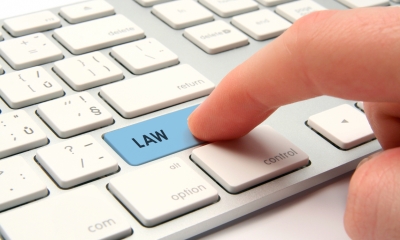
For many businesses, information technology (IT) is much more than just a business tool. Purchasing the right IT and using it effectively is critical to business success. As part of your IT management, you should make sure you understand and manage the legal issues involved.
Purchasing IT
While it can be tempting to specify what you want to buy (ie these machines, that software, those services), with complex purchases usually it's better to provide your supplier with a specification of what you want it to do. This puts you in a stronger position if the solution fails to deliver.
A clear, written contract is always a good idea, particularly for complex development work, which has a tendency to overrun on time and costs.
Bear in mind that while hardware can be purchased outright, software legal arrangements are more complex. Software is typically acquired on licence, with the software agreement governing how you can use the software, for example, how many copies you can use. Software copyright remains with the creators or publishers of the software. If you are commissioning bespoke software, you will probably want agreement that copyright will be yours.
IT maintenance and security
Given the importance of IT systems, appropriate maintenance, security and disaster prevention planning are essential. If your systems hold data on individuals, personal information security is a priority to comply with data protection regulations. Consider your legal obligations carefully when investigating storage devices for this data.
For critical IT systems, you should have clear maintenance contracts and service level agreements. These should set out routine servicing arrangements, how quickly emergency services will be provided if systems fail, what alternative provisions are in place and so on. Testing out system backup and disaster recovery plans on a regular basis is worthwhile. Once things have gone wrong - it could be too late.
Your website
Your website can be a powerful business tool, but it can also expose you to a wide range of legal issues. Both the design and content of your website must respect other people's copyright. And to prevent later disagreements, you should insist that your website designer assigns design right and copyright to you.
If you are using your website for marketing and e-marketing, you need to meet additional requirements such as ensuring that the content is not misleading and provides clear information on prices. If you sell online through your website, you also need to consider further issues covering e-commerce and distance selling.
It makes sense to include appropriate disclaimers and statements to limit your legal risk. For example, you may want to publish terms of use, a copyright statement and a privacy policy.
Browse topics: Data protection and IT



